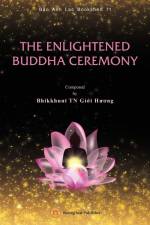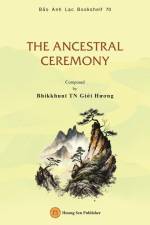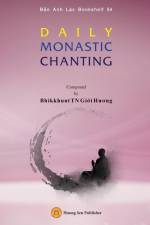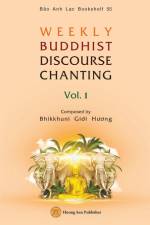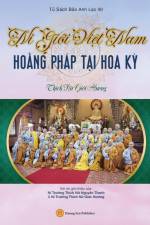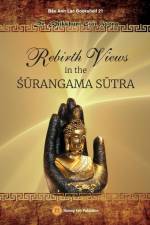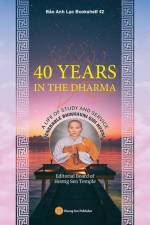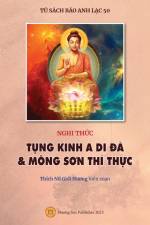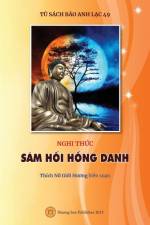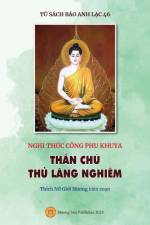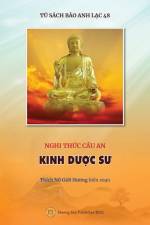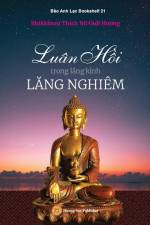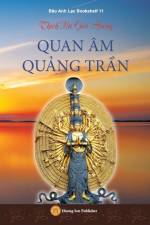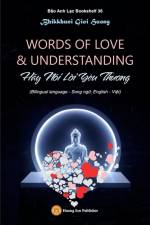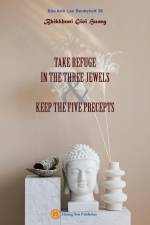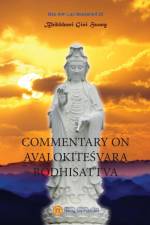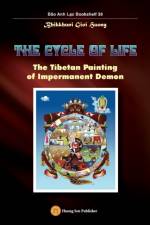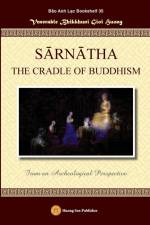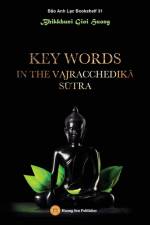av Gioi Huong Bhikkhuni
771
In 2018, our teacher, Master Venerable Gi¿i H¿¿ng, completed forty years of ordination, study and service in Buddhism. The period of forty years is not a long time for a person who putswholeheartedness, perseverance and determination in practice as reflected in the Buddha's teaching, "Light a torch in the darkness" and "Trust in the Buddha, Dharma and Sangha. " Yes, those forty years were short but held a very passionate penetrating of the Dharma Love, the Life Love, and the Humanity Love. From that feeling, we along with many Buddhist friendsat H¿¿ng Sen Temple in Bình Chánh District, Sàigòn, and H¿¿ng Sen Temple in Perris, California, earnestly suggested that Master Gi¿i H¿¿ng accept and allow us to put together a book of collected writtings with the title, Forty Years in the Dharma: A Life of Study and Service - Venerable Bhikkhuni Gi¿i H¿¿ng. We had to waita while, because of the Master's humility, inherent modesty and "without desire" lifestyle. Then, fortunately, Master Gi¿i H¿¿ng finally agreed to allow us to carry out this volume. To us, this collection plays the role of an offering. Itsymbolizes our presence, our gift, our reward. Yes, all that good and beneficial is for Master Gi¿i H¿¿ng, forus and for all Buddhists of H¿¿ng Sen Temple. We could not hide our surprise ofwholehearted joy and blessing because in just three months- from October to the end of December 2019, after the Venerable Bhikkhuni Gi¿i H¿¿ng's invitation to the most venerablemonks, nuns and close Buddhist followers, we received your 130 articles, poems, andcalligraphies which encourage us practice, share living experiences and send the best regards. We always remember your preciousgifts and teachings as we prepare our spiritual luggage on the way to practice. This anthologycelebrates a journey of forty years practiceof Master Gi¿i H¿¿ng, marking what has passed, looking back and then continuing on. The collection is the life experiences and lessons for future generations of nunsto follow. For anonymous enlightened practitioners, this book may not be necessary, but for novices and Buddhist beginners, this volume plays a very necessary role as a guided road towards the ultimate goal. Openning each page of the book, we see beautiful memories of a young nun who committed to Buddhist servicein a country abroad. It iswell- illustrated with photos. These articles are written with sincere words, vividly describing a nun who has been ordained since a child, who preserved moral precepts, overcame difficulties in cultivation to gain religious and life knowledge, engaged in study abroad tocollect East- West quintessence, nurtured great aspirations, built temples, wrote books, composed poems and preached in the new land. We sincerely pay homage toyour noble contributions. We cherish each article, every image of the monks, nuns, brothers and friends whohave been given to Master Gi¿iH¿¿ng. You all have set an example of a Buddhist nun disciples in the modern timeand maintaineda beautiful image to encourage our nuns to diligently practice. These are beautiful flowers left for the human world. The title of the book is Forty Years in the Dharma: A Life of Study and Service - Venerable Bhikkhuni Gi¿i H¿¿ng"(40 N¿m Tu H¿c Và Höng Pháp c¿a Ni S¿ Gi¿i H¿¿ng). It is bilingual, written in Vietnamese and English. Each language has 400 pages, so we would like to print two separate books in Vietnamese and Englishfor our readers' convenience. In the English section, there are many passages, especially music and poems which are briefly translated, essentially keeping the main points. Please authors kindly accept it.

